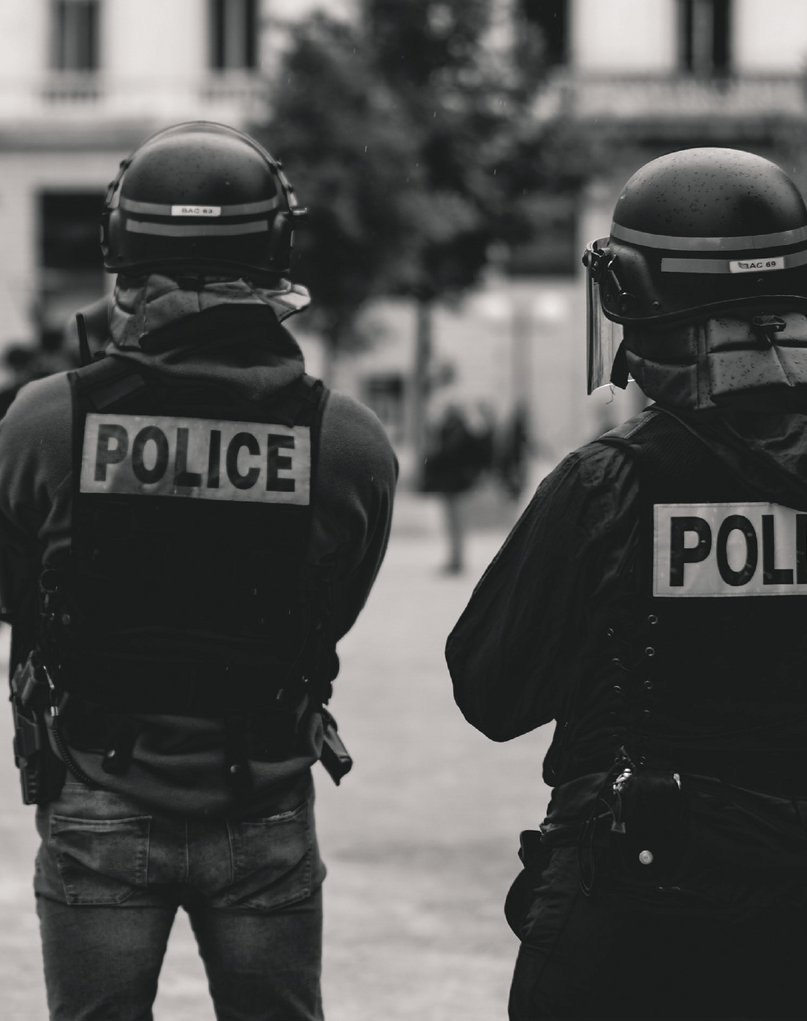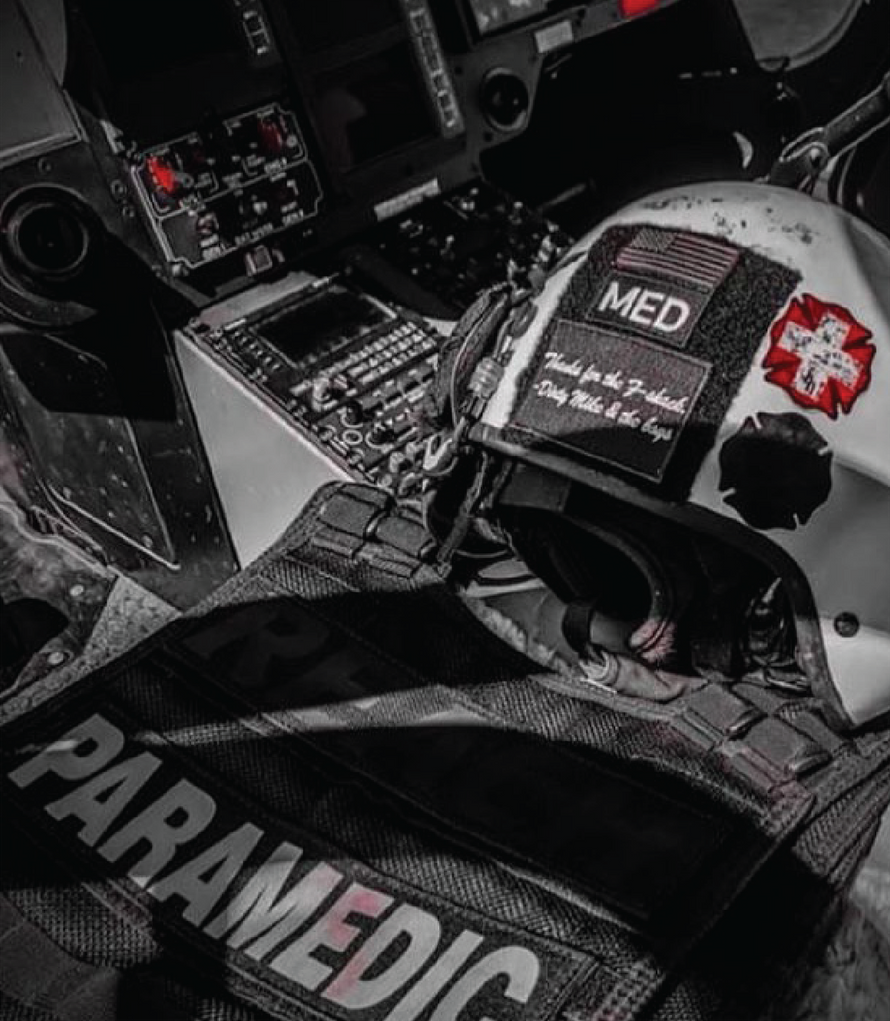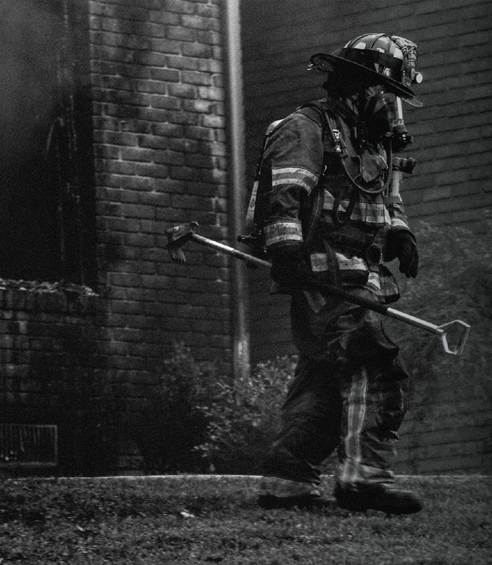ADDICTION AND PTSD TREATMENT FOR
ACTIVE DUTY MILITARY AND VETERANS
We help active duty military and veterans daily. When you come home, you bring back more than physical scars. Your experiences stay with you and lead to unresolved combat stress, post traumatic stress disorder and can even evolve into substance abuse or addiction. We understand what you've been through, what you need, and welcome you to our healing facility.
Active military and veterans place their lives on the line for the safety of our country. However, many who offer their service come back home with more than just physical scars. Whether you served our country as part of the Army, Marine Corps, Air Force, Coast Guard, or Navy, each experience you lived through can contribute to feelings of ill effects of combat and other
traumatic events.
This can lead to feelings of isolation and inability to connect intimately with family and friends. In certain cases this can also lead to PTSD, with many turning to alcohol and drugs in order to decompress. For family members, it can be hard to come to the realization that the person who returned home is not the same person they know and love. In these situations, seeking treatment from Warriors Heart is the best option to ensure that they are able to recover and truly come home.
In order to provide the best treatment possible, we only accept those who suffer from addiction by itself or in conjunction with psychological disorders such as PTSD.
Police Officers And Law Enforcement
Police officers and other members of law enforcement have a mission to protect and serve the lives of those who are placed in harm's way. This pressure to remain calm and diplomatic in moments of extreme stress can be too difficult for the average person to bear, and often leads to alcohol or substance abuse as they seek to cope with the effects.
While police officers can come home to their friends and family, many LEOs begin to feel the effects of their daily work and their loved ones soon start to realize the damage. In these instances, family members have to be vigilant of the dangerous effects of PTSD and addiction.
In order to provide the best treatment possible, we only accept those who suffer from addiction by itself or in conjunction with psychological disorders such as PTSD.


EMTs and Paramedics
Emergency medical technicians (EMTs), paramedics, and other members of EMS (Emergency Medical Services) work long hours each day in order to save the lives of civilians. The need to act swiftly and without a mistake in order to save the life of someone else can be overwhelming. As a result, many turn to alcohol and drug use to cope with the vivid memories they experience throughout their shifts, while others develop PTSD as a result of exposure to traumatic events.
For friends and family this is a slow and painful event to witness. It’s important to be aware of the warning signs that could lead to PTSD or drug abuse so that you can take action and potentially save their life.
In order to provide the best treatment possible, we only accept those who suffer from addiction by itself or in conjunction with psychological disorders such as PTSD.
Firefighters
Firefighters brave fierce flames in order to accomplish their mission: save the lives of those who are in danger. This pressure to act flawlessly with each call along with the constant need to be ready for anything could wear down even the toughest person. Combined with a need to appear tough, several firefighters might turn to alcohol or drugs to remain calm.
This can lead to substance abuse, alcohol abuse, or development of PTSD as a result of the trauma. For families and friends, this can also be painful to watch. In order to avoid further damage, it's important to be aware of any of the damaging signs that could point to PTSD or addiction.
In order to provide the best treatment possible, we only accept those who suffer from addiction by itself or in conjunction with psychological disorders such as PTSD.






